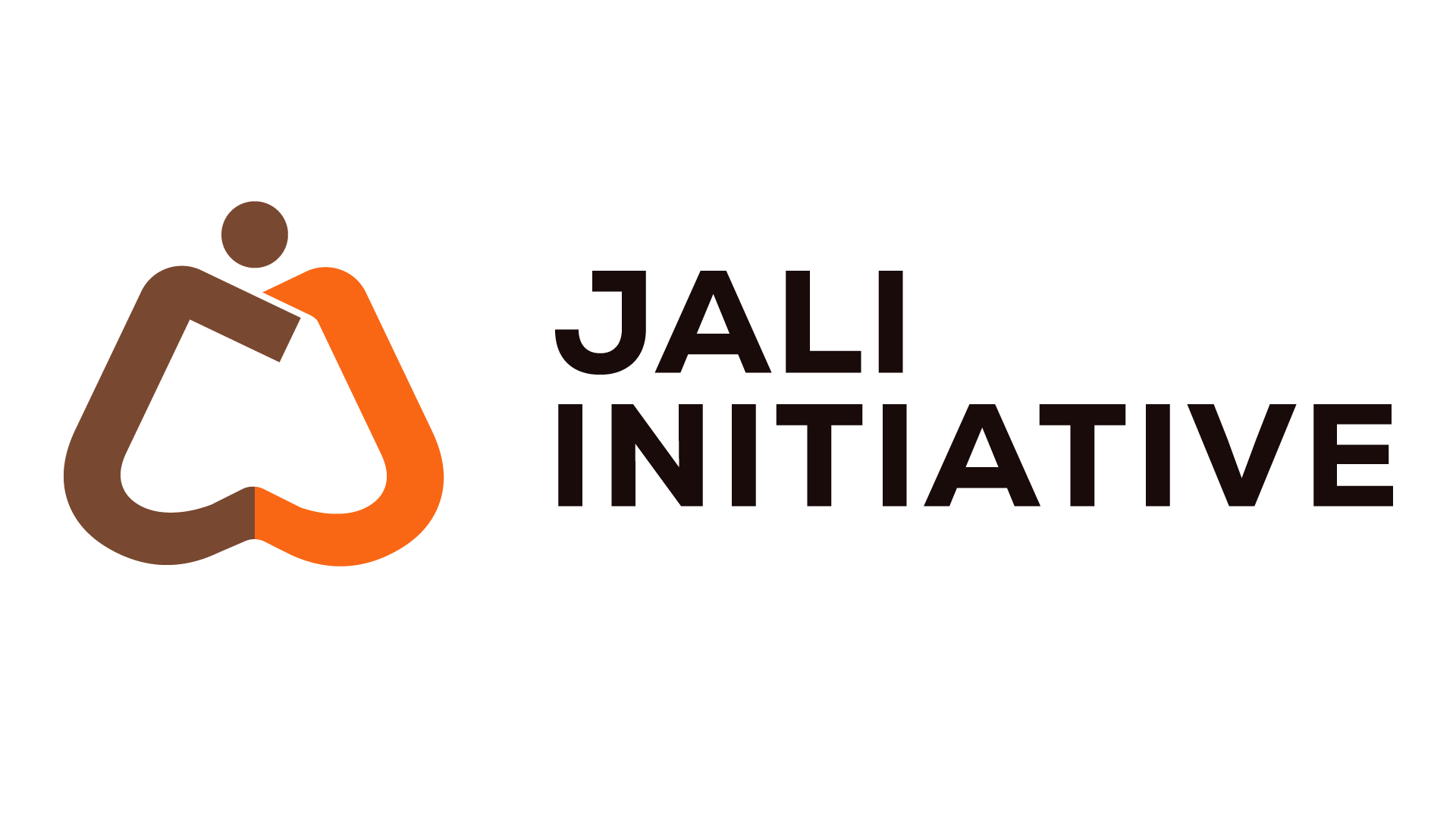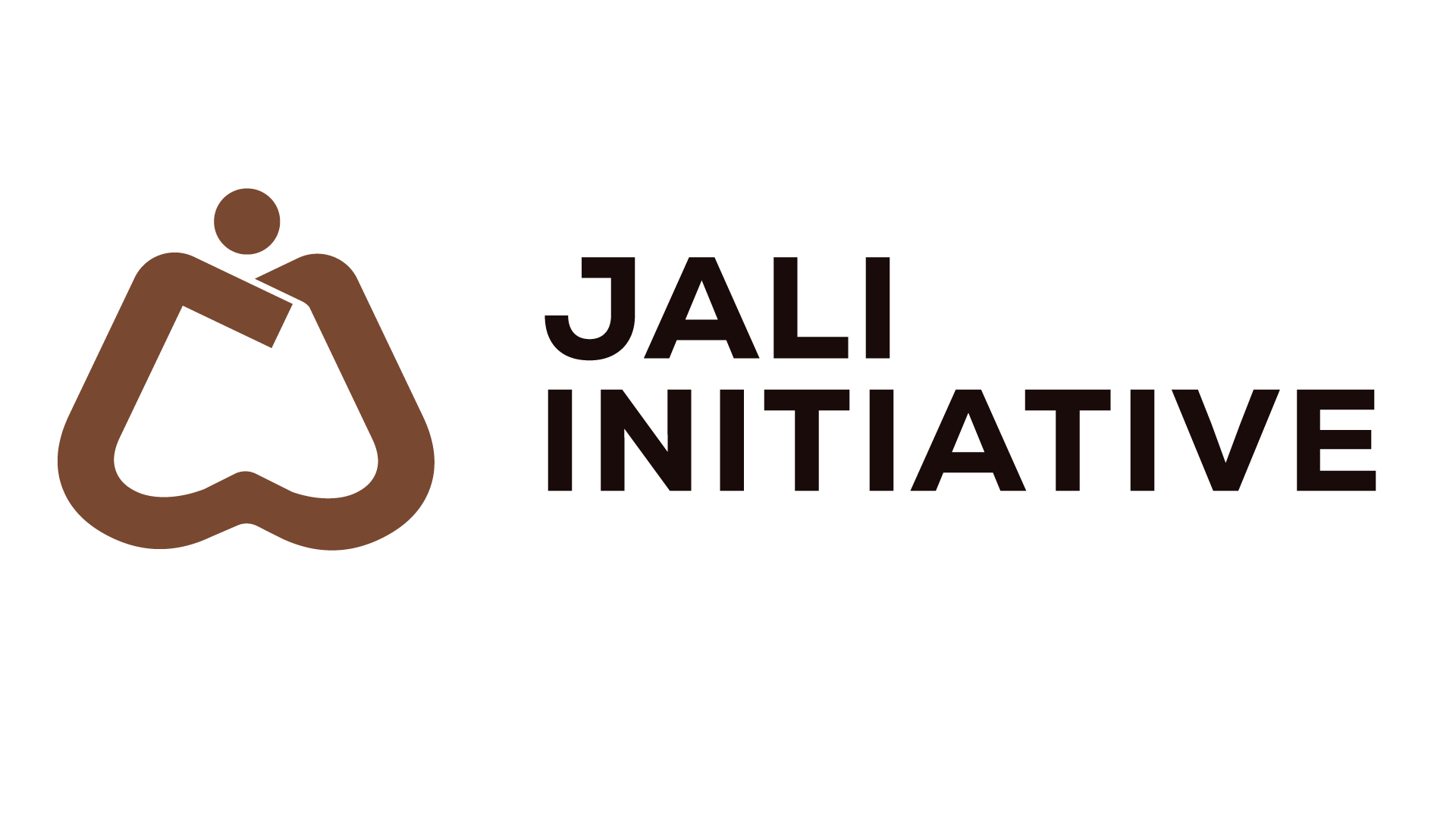Adolescent Pregnancies
Empowering Young Women in Tanzania
Around 27% of Tanzania mainland young adolescent girls face teenage pregnancy at age of (15-19) which is three times more than Zanzibar which is 8%.
Adolescent pregnancies in Tanzania have been a persistent challenge, with far-reaching consequences for the country’s youth, families, and communities. The issue not only jeopardizes the health and well-being of young girls but also hinders socio-economic development. In this blog post, we will explore the key factors contributing to adolescent pregnancies in Tanzania and propose strategies to reduce this alarming trend.
Understanding the Problem
Lack of Comprehensive Sex Education: One of the major contributing factors to adolescent pregnancies in Tanzania is the lack of comprehensive sex education in schools. Many adolescents lack accurate information about sexual and reproductive health, leading to risky behaviors and unplanned pregnancies.
Poverty and Limited Access to Healthcare: Poverty remains a significant barrier to accessing healthcare services and contraception methods for adolescents. Many young girls in Tanzania cannot afford proper healthcare, which increases the risks associated with pregnancy and childbirth.
Cultural and Societal Norms: Traditional gender roles and societal expectations often place pressure on girls to marry and have children at a young age. These cultural norms can contribute to early pregnancies and child marriages.
Child Marriage: Child marriage is closely linked to adolescent pregnancies in Tanzania. Many girls are married off at a young age, often against their will, and are forced into motherhood before they are physically and emotionally ready.
Strategies for Reducing Adolescent Pregnancies
Comprehensive Sex Education: Implement comprehensive sex education programs in schools that provide accurate information about sexual and reproductive health, consent, and the use of contraceptives. This will empower adolescents to make informed decisions about their bodies and relationships.
Accessible Healthcare Services: Improve access to affordable healthcare services and contraception methods for adolescents, especially in rural and remote areas. This can include establishing youth-friendly clinics and mobile healthcare units.
Empowerment Through Education: Promote education as a means of empowerment for girls. Encourage parents and communities to prioritize girls’ education over early marriages. Scholarships, mentorship programs, and girls’ clubs can help keep girls in school.
Changing Social Norms: Launch awareness campaigns to challenge harmful gender stereotypes and norms that perpetuate child marriages and early pregnancies. Engage religious and community leaders to support these initiatives.
Legal Reforms: Strengthen and enforce laws against child marriage and statutory rape to protect adolescent girls from early unions and pregnancies. Advocate for policies that provide legal support and protection for victims.
Community Involvement: Engage communities in discussions about adolescent pregnancies, emphasizing the importance of collective responsibility in preventing early pregnancies. Encourage open dialogues between parents, teachers, and adolescents.
Reducing adolescent pregnancies in Tanzania requires a multi-faceted approach that addresses the root causes of the issue. Comprehensive sex education, improved healthcare access, changes in societal norms, and legal reforms are all essential components of this effort. By empowering adolescents with knowledge and opportunities, Tanzania can pave the way for a brighter future for its youth, promoting their health, education, and overall well-being.


